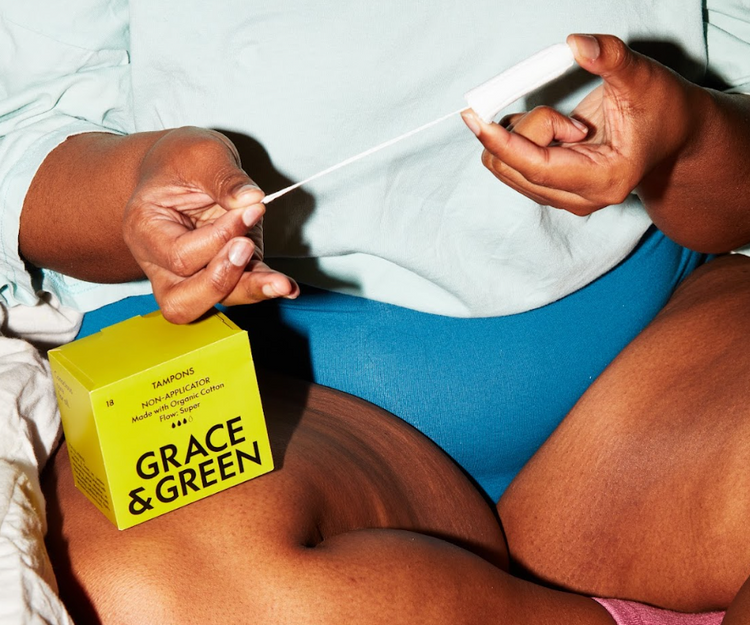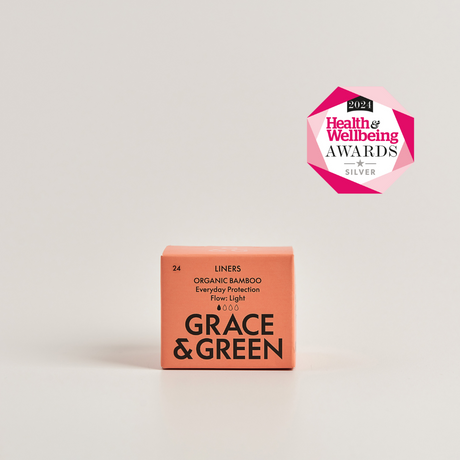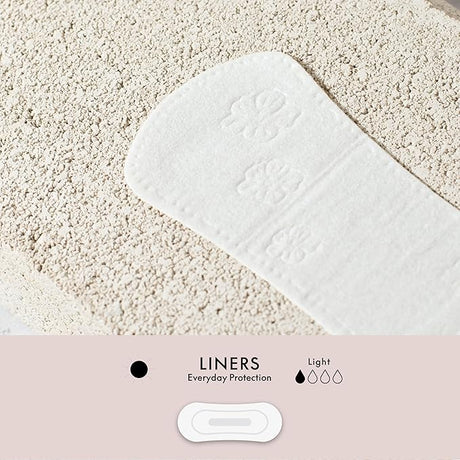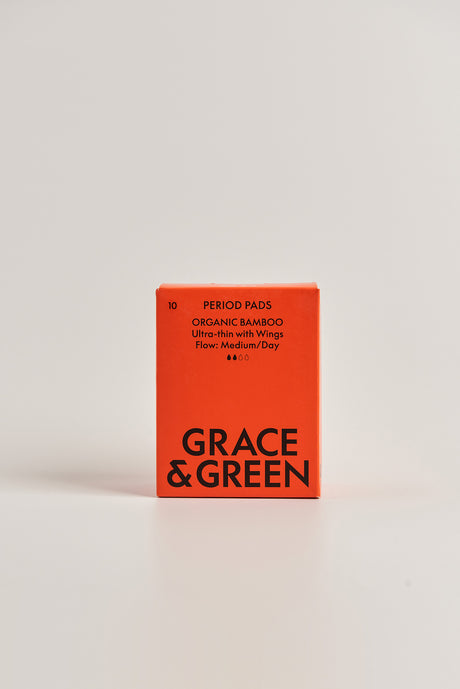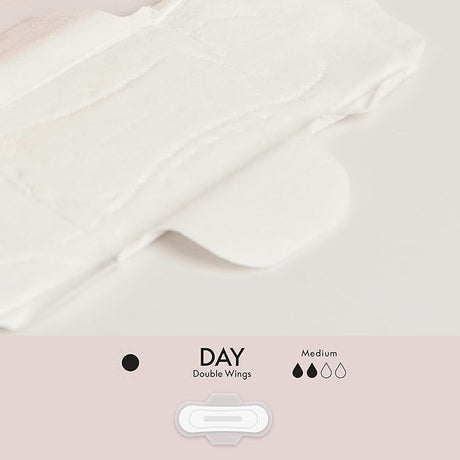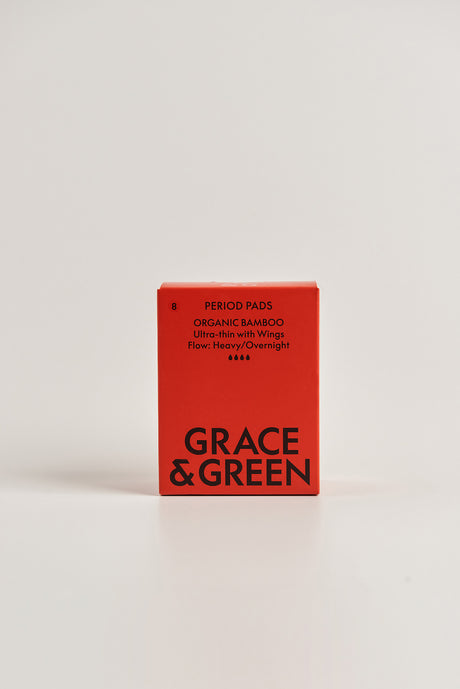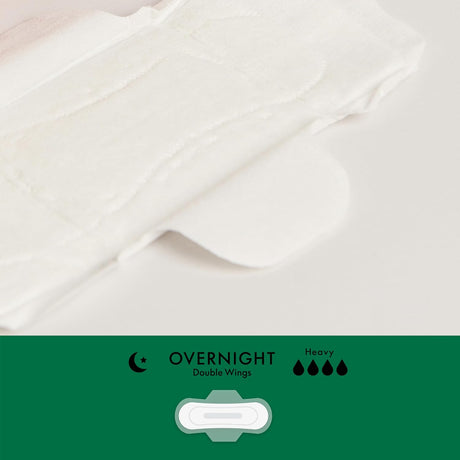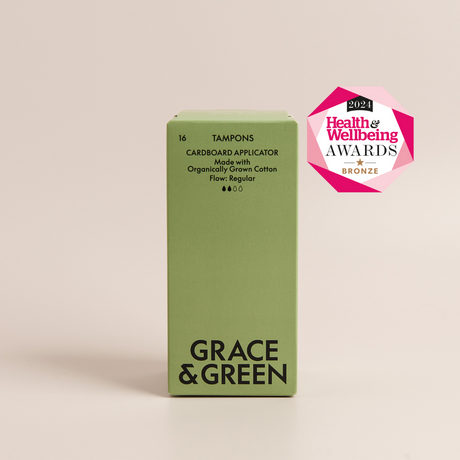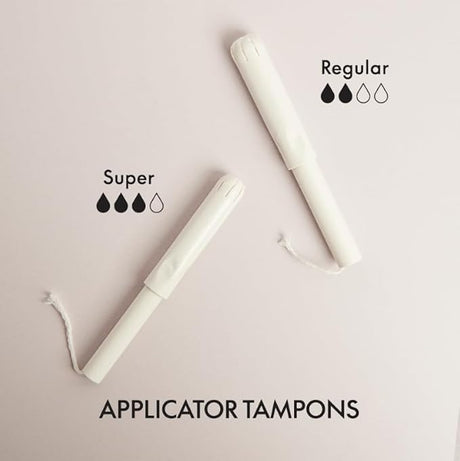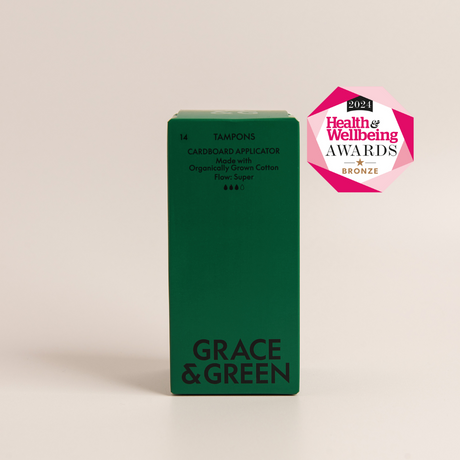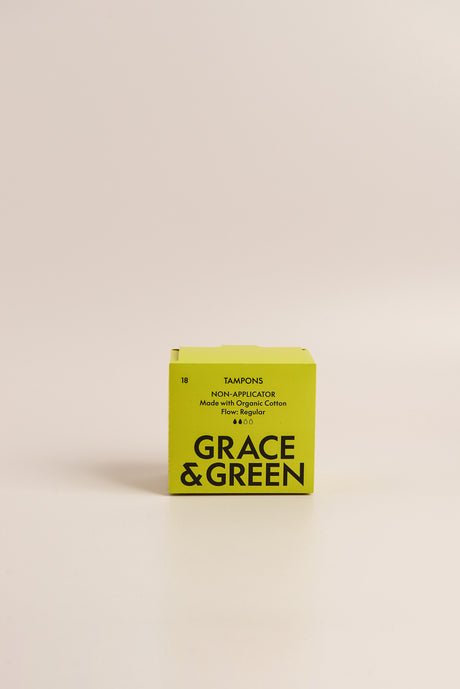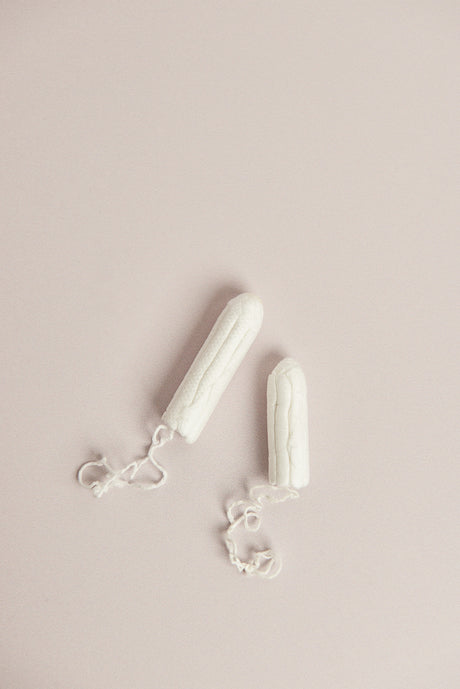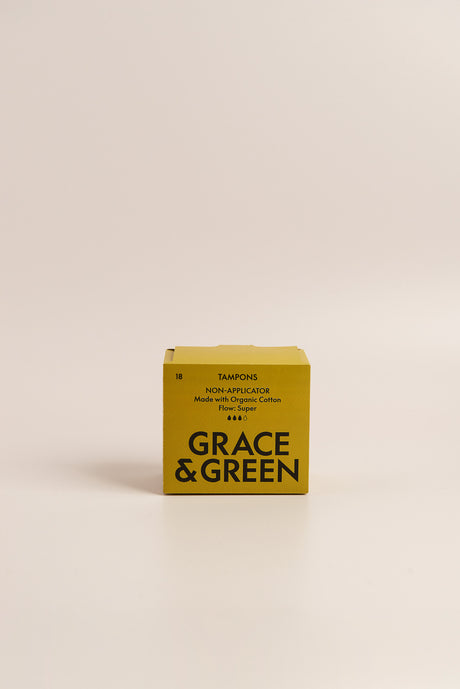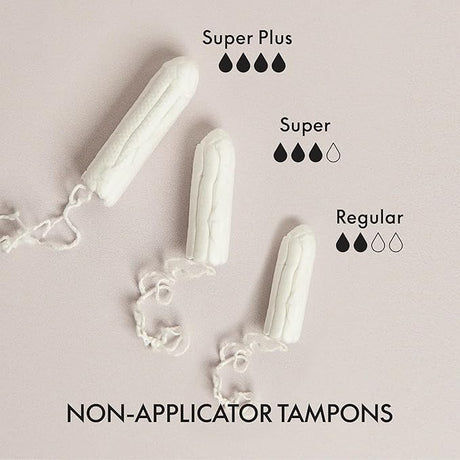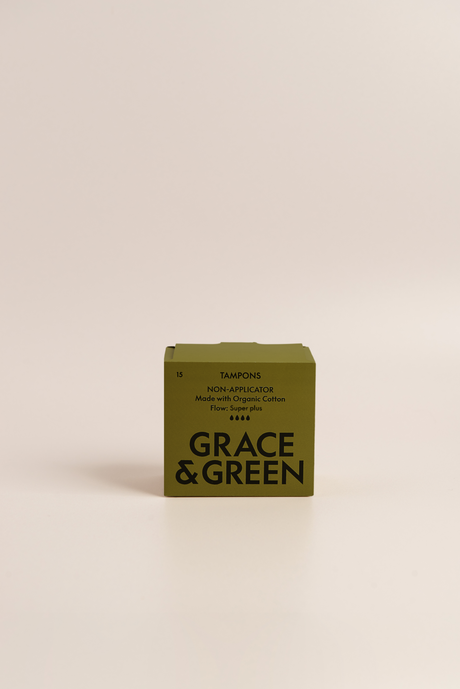Toxic Shock Syndrome (TSS), is a rare but life-threatening illness caused by the release of harmful bacterial toxins. It is sometimes associated with tampon use but it can affect anyone of any age.
What is it?
Toxic Shock Syndrome is a condition caused by bacterial infection. It occurs when Staphylococcus or Streptococcus bacteria – which often live harmlessly on the skin and inside the vagina – enter the body through an opening or wound, travel deep into tissues or the bloodstream and release harmful toxins.
During the early 1980s in the US, there was an outbreak of TSS, mainly affecting otherwise healthy young women, which resulted in 88 deaths. Suspicions were raised about a possible link with menstruation and through investigation, researchers discovered that most cases were associated with tampon use, specifically a synthetic super-absorbent brand called Rely.
During this period, 1660 cases of TSS were reported, 88% of which were menstrual related. Rely was subsequently pulled from the market and tighter testing regulations were introduced. Thankfully, TSS is now much less common with around 40 cases reported in the UK each year and an average of 2-3 deaths.
How can tampons cause TSS?
Tampons are usually very safe, however, around 1 in 100,000 menstruating people will be affected by TSS each year. It is still not well understood why menstruation and tampon use can contribute to the development of TSS but there are several theories.
Firstly, since the acidity of the vagina is lower during menstruation, it may be more hospitable to the growth of Staphylococcus bacteria, thus increasing the risk of TSS. Tampons may also introduce oxygen into the vagina and provide an ideal growing environment for bacteria, especially products containing since-banned synthetic materials.
Another issue with tampons is fibre shedding. Many brands of tampons contain hidden plastics and researchers at Middlesex University recently discovered that a typical tampon releases 9.4 billion nanoplastic fibres during use. Although cotton tampons are likely to shed fewer fibres, all types can build up in the vagina and lead to an increased risk of infection. Some brands, including Grace & Green, have a protective outer layer which prevents fibre loss and therefore reduces the risk.
Whilst tampons are the most common factor in menstrual-related cases of TSS, anything you put into your body is a potential risk. For example, there have been several reports of TSS from use of menstrual cups and some contraceptive devices such as diaphragms and IUDs.
What are the symptoms?
TSS requires urgent medical attention but when caught and treated early, most people make a full recovery so it’s important to know the signs.
Symptoms often develop suddenly and include:
- A high temperature
- Flu-like symptoms such as a headache, tiredness or
- exhaustion, an aching body, a sore throat and a cough
- Nausea and vomiting
- Diarrhoea
- A widespread sunburn-like rash
- Lips, tongue and the whites of the eyes turning bright red
- Dizziness or fainting
- Difficulty breathing
- Confusion
What to do if experiencing TSS symptoms?
In the first instance contact your GP or phone 111 if you are experiencing any TSS symptoms. It’s unlikely you have TSS but it’s important to rule it out. If however, your symptoms are severe or are rapidly getting worse, go to A&E or call an ambulance. If you have been wearing a tampon, remove it immediately and tell your doctor you have been using tampons.
How can I reduce my risk of TSS?
Whilst you can’t fully eliminate the risk of developing TSS, there are some things you can do to help reduce the risk:
- Wash your hands thoroughly before and after tampon insertion
- Replace tampons every 4-6 hours and use for no longer than 8 hours
- Always check you have removed the previous tampon before inserting another, never use more than one tampon at a time
- Always use the lowest absorbency tampon for your flow – if you’re changing every 4-6 hours and there are lots of white patches, switch to a lower absorbency
- When using tampons at night, insert a fresh one just before going to bed and remove upon waking
- Alternate between tampons and pads or pants during your period
- Choose tampons which have a protective sheath to prevent fibre loss
- Remove a tampon at the end of your period

